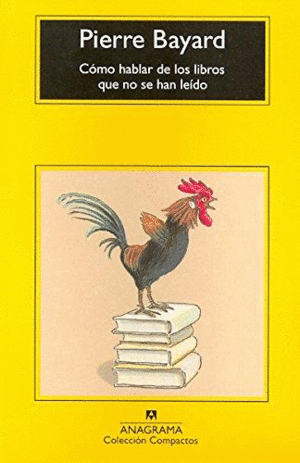What do you think?
Rate this book


200 pages, Paperback
First published January 11, 2007
For we are more than simple shelters for our inner libraries; we are the sum of these accumulated books. Little by little, these books have made us who we are, and they cannot be separated from us without causing us suffering....Comments that challenge the books in our inner libraries, attacking what has become a part of our identity, may wound us to the core of our being. (73-4)
Beyond the possibility of self-discovery, the discussion of unread books places us at the heart of the creative process, by leading us back to its source. To talk about unread books is to be present at the birth of the creative subject. In this inaugural moment when book and subject separate, the reader, free at last from the weight of words of others, may find the strength to invent his own text, and in that moment, he becomes a writer himself. (p180)In a modified way this sentiment about the creative process applies to the Goodreads reviewer: if you have an understanding of the words of the author, however acquired, but can separate from their weight, and create a commentary on the work, I think we are doing what Professor Bayard would have us do.
